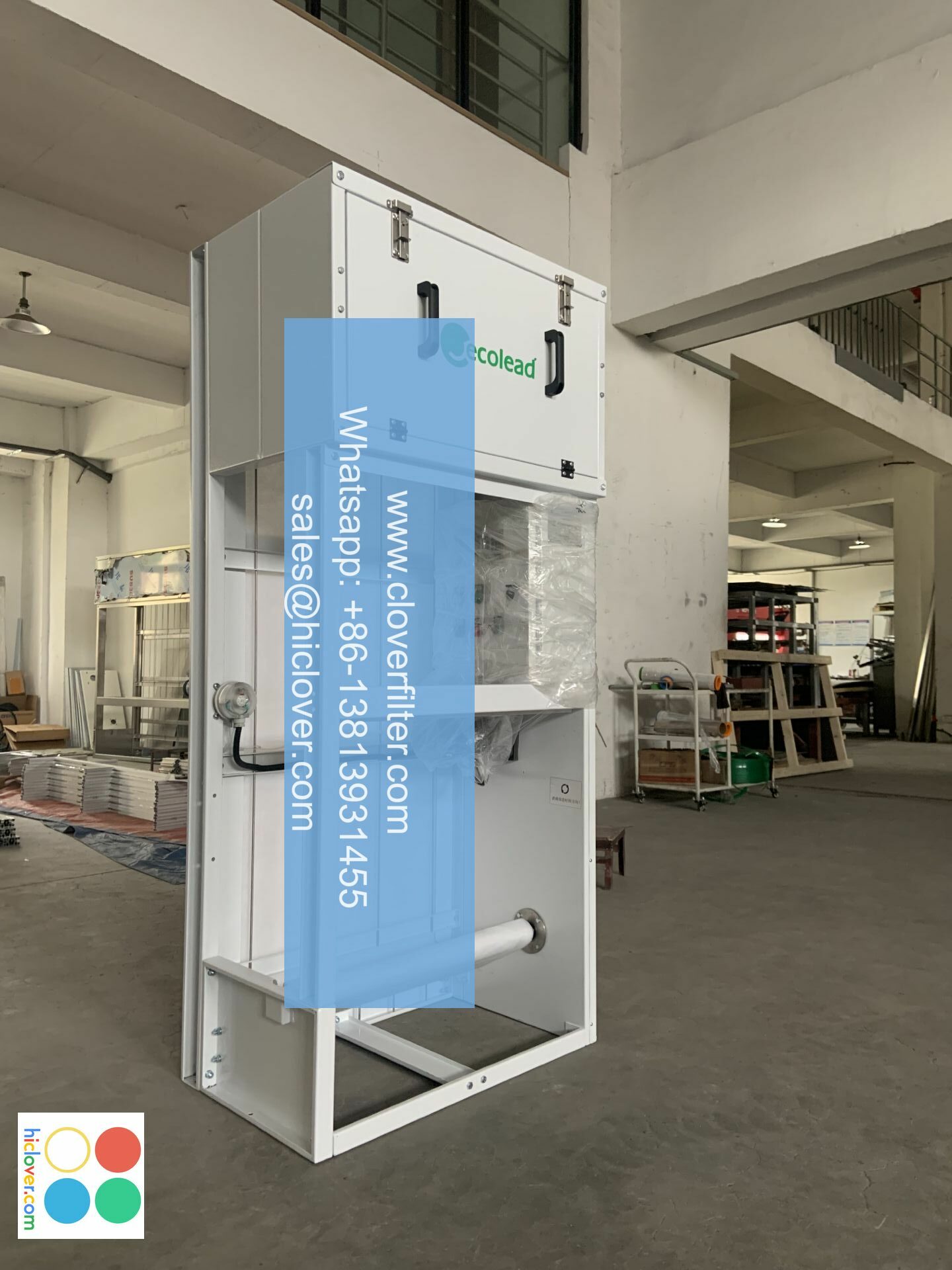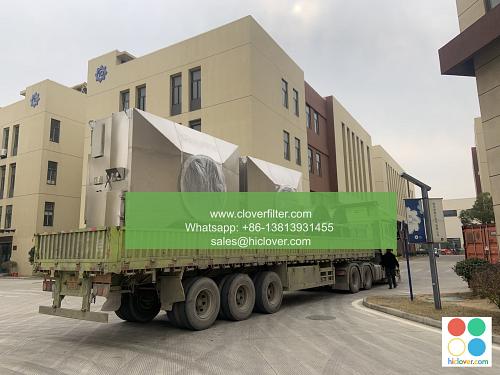The Benefits of Using Air Filters with High Filter Efficiency

As the world grapples with the challenges of indoor air pollution and airborne diseases, the importance of using high-efficiency air filters cannot be overstated. These filters are designed to capture 99.97% of particles as small as 0.3 microns, making them an essential tool in the fight against indoor air pollution and respiratory problems. In this article, we will explore the benefits of using air filters with high filter efficiency and highlight their applications in various areas.
What are High-Efficiency Air Filters?
High-efficiency air filters, also known as HEPA filters, are designed to capture a high percentage of airborne particles, including dust, pollen, mold, and bacteria. These filters are typically used in industrial, commercial, and residential settings to improve indoor air quality and reduce the risk of respiratory problems.
Benefits of Using High-Efficiency Air Filters
The benefits of using high-efficiency air filters are numerous and far-reaching. Some of the most significant advantages include:
* Improved Indoor Air Quality: High-efficiency air filters can capture up to 99.97% of particles as small as 0.3 microns, making them an effective solution for improving indoor air quality.
* Reduced Respiratory Problems: By capturing airborne particles and allergens, high-efficiency air filters can help reduce the risk of respiratory problems such as asthma and allergies.
* Increased Energy Efficiency: High-efficiency air filters can help reduce energy consumption by minimizing the amount of airborne particles that need to be heated or cooled.
* Extended Equipment Life: By capturing airborne particles and debris, high-efficiency air filters can help extend the life of HVAC equipment and other machinery.
Applications of High-Efficiency Air Filters
High-efficiency air filters have a wide range of applications in various areas, including:
* Industrial Settings: High-efficiency air filters are used in industrial settings to improve indoor air quality and reduce the risk of respiratory problems.
* Commercial Settings: High-efficiency air filters are used in commercial settings such as office buildings, schools, and
* Residential Settings: High-efficiency air filters are used in residential settings to improve indoor air quality and reduce the risk of respiratory problems.
* Healthcare Settings: High-efficiency air filters are used in healthcare settings such as hospitals and clinics to improve indoor air quality and reduce the risk of hospital-acquired infections.
Conclusion
In conclusion, high-efficiency air filters are an essential tool in the fight against indoor air pollution and respiratory problems. With their ability to capture 99.97% of particles as small as 0.3 microns, high-efficiency air filters can improve indoor air quality, reduce the risk of respiratory problems, and increase energy efficiency. Whether used in industrial, commercial, residential, or healthcare settings, high-efficiency air filters are a crucial component of any air filtration system. By choosing high-efficiency air filters, individuals and organizations can breathe easy knowing that they are taking a proactive approach to improving indoor air quality and reducing the risk of respiratory problems. It looks like you didn’t include a prompt. Please go ahead and provide one, and I’ll do my best to assist you!

